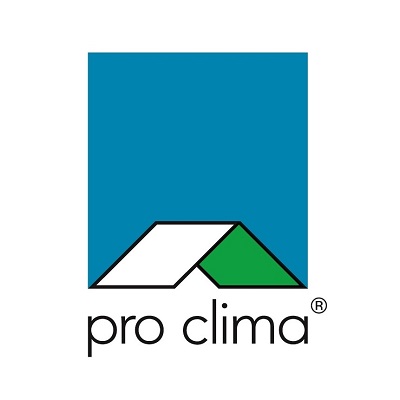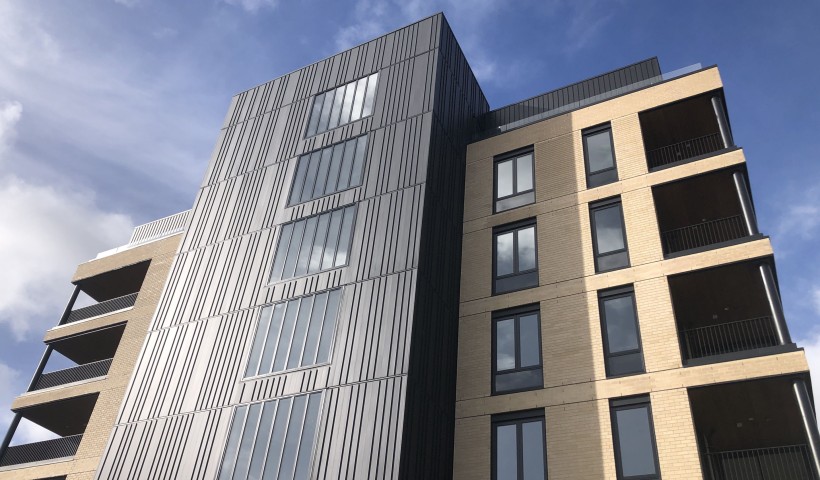
A number of incidents involving fires in buildings having composite sheet aluminium cladding, most recently the awful tragedy in London, has given rise to an increase in the number of queries that the team at Nu-Wall receives regarding the combustibility or otherwise of the product — the perception perhaps being that all 'aluminium cladding' products are created equal.
The fact is that Nu-Wall profiles are manufactured wholly from solid extruded aluminium, with the powdercoat finishes applied being less than 1mm thick; typically between 70 and 100 microns. As such, the product is considered by the New Zealand Building Code to be non-combustible.
Being made from extruded aluminium, Nu-Wall has no similarity to composite sheet aluminium cladding products; particularly it has no similarity to those non fire-resistant materials which have been implicated in building fires in other parts of the world.
The subject of Nu-Wall's non-combustibility is discussed in the BRANZ Appraisals relating to the product (Appraisals 550, 556 and 870) under the paragraph titled 'Control of External Fire Spread'. The subject is also referenced in the recently-published MBIE Codewords Issue 77, which discusses the recent changes to fire safety requirements for external cladding, and the restriction on products which may be used on buildings in excess of 7.0 metres in height.








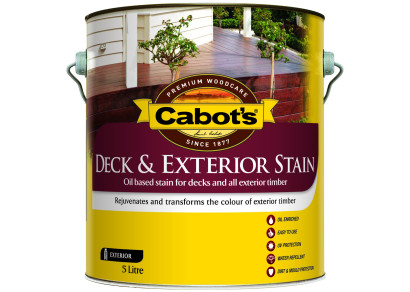



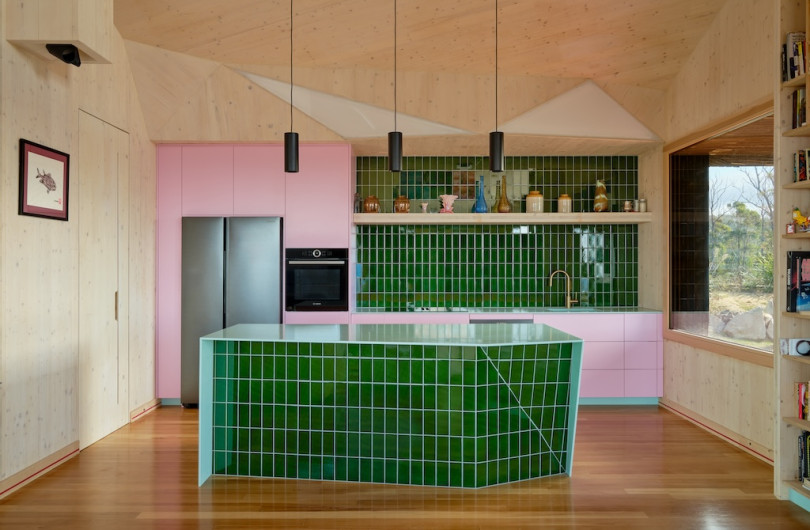
 Case Studies
Case Studies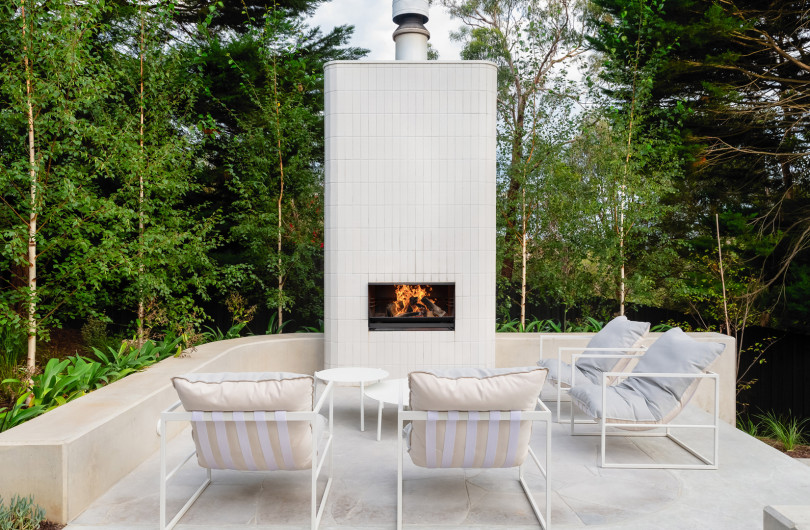
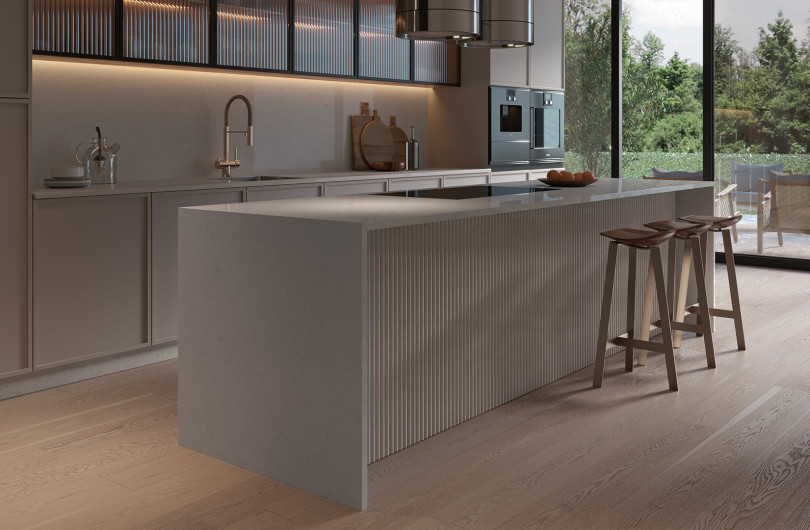



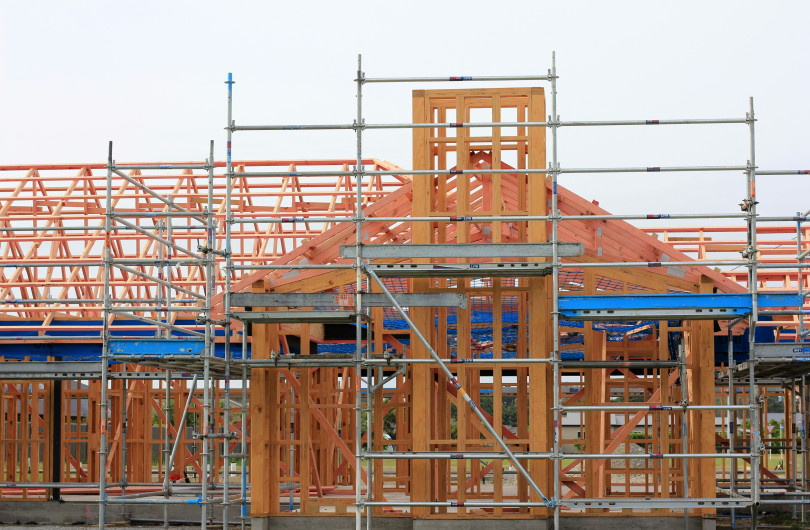
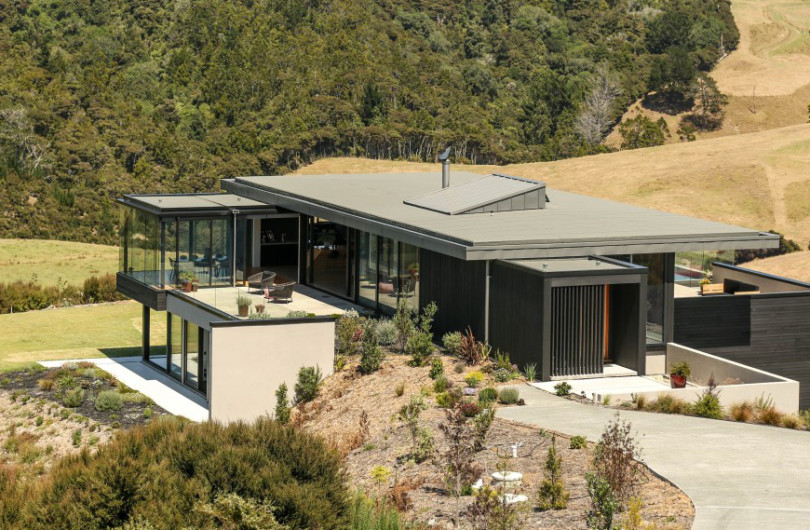


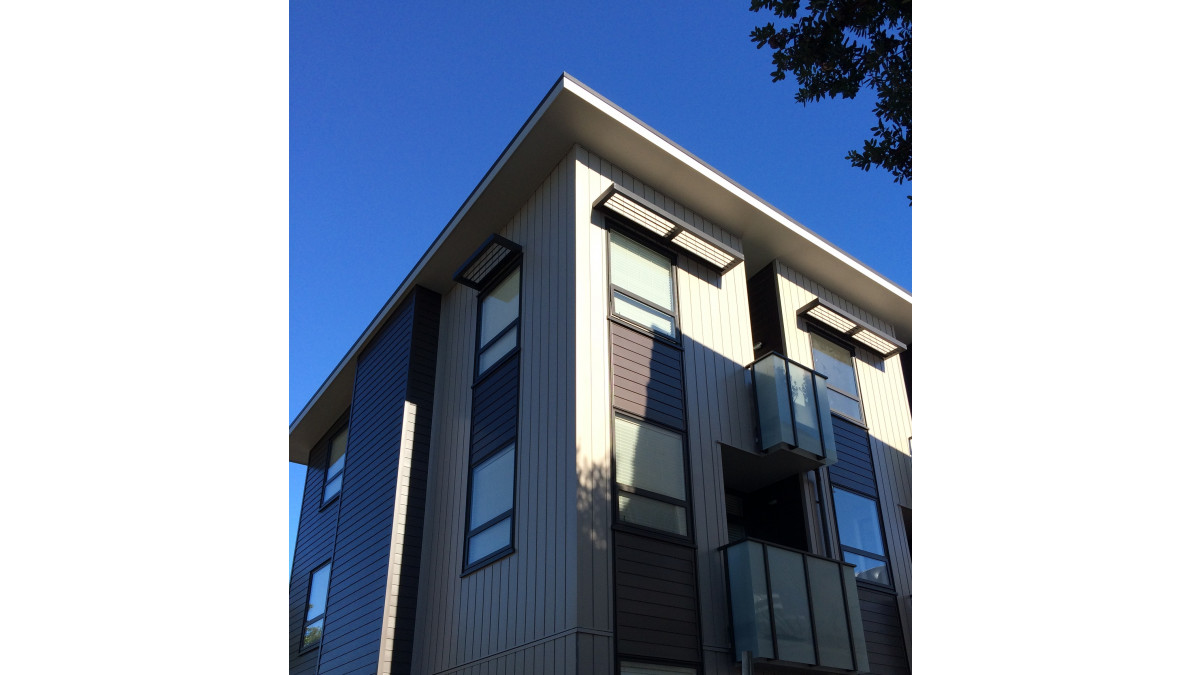



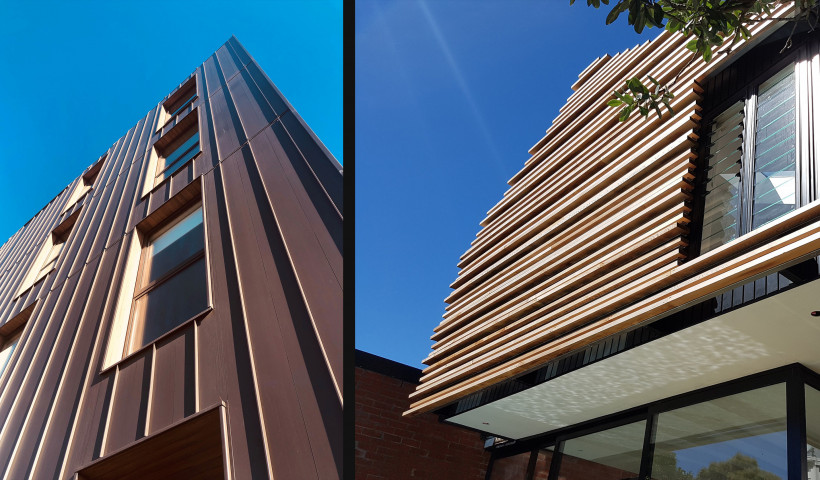
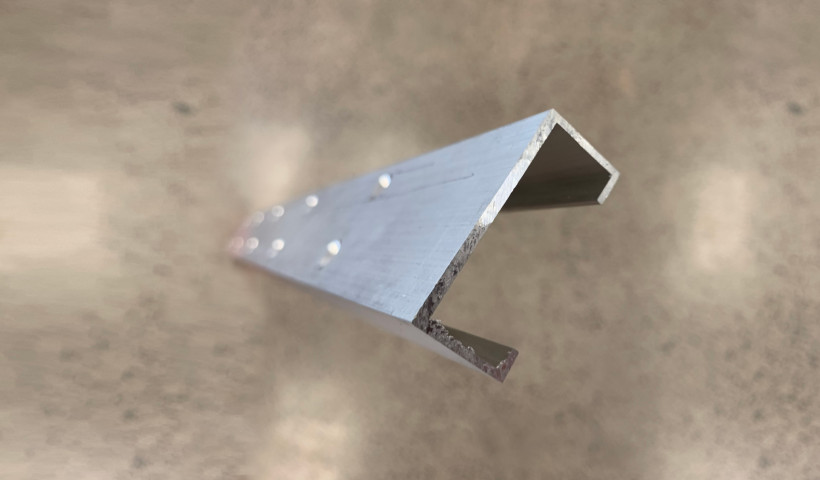
 Popular Products from Nu-Wall Cladding
Popular Products from Nu-Wall Cladding
 Most Popular
Most Popular


 Popular Blog Posts
Popular Blog Posts